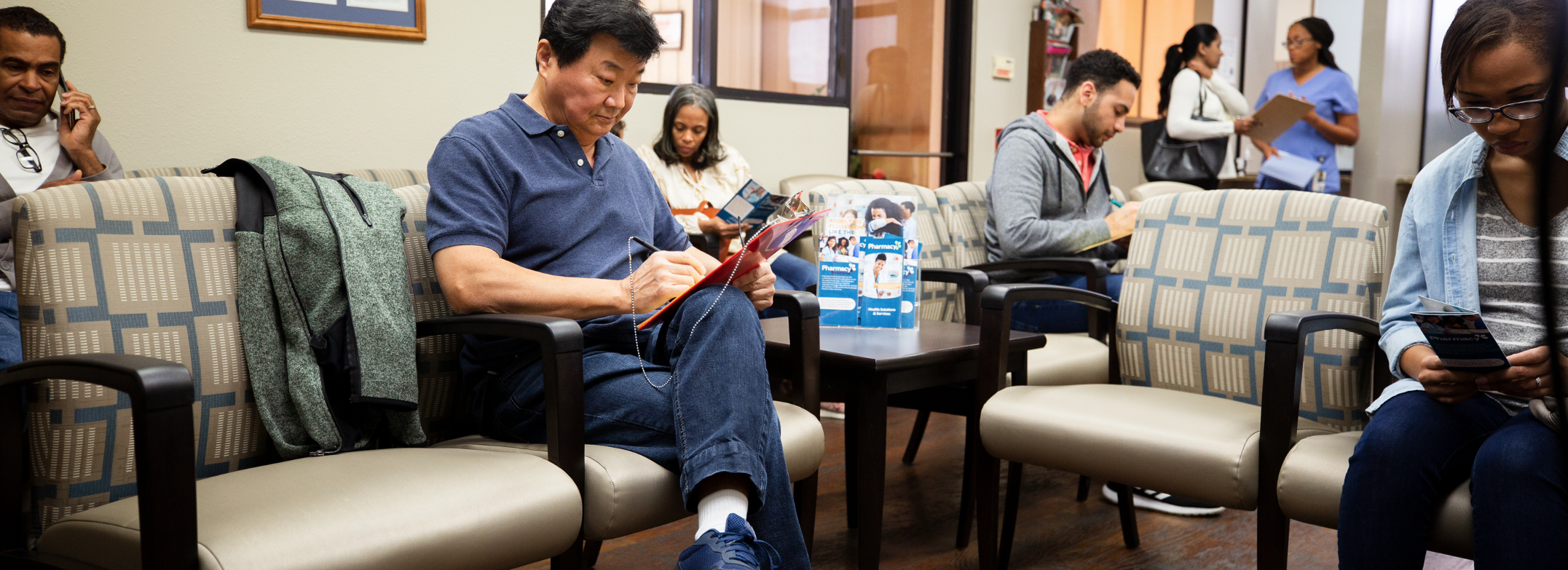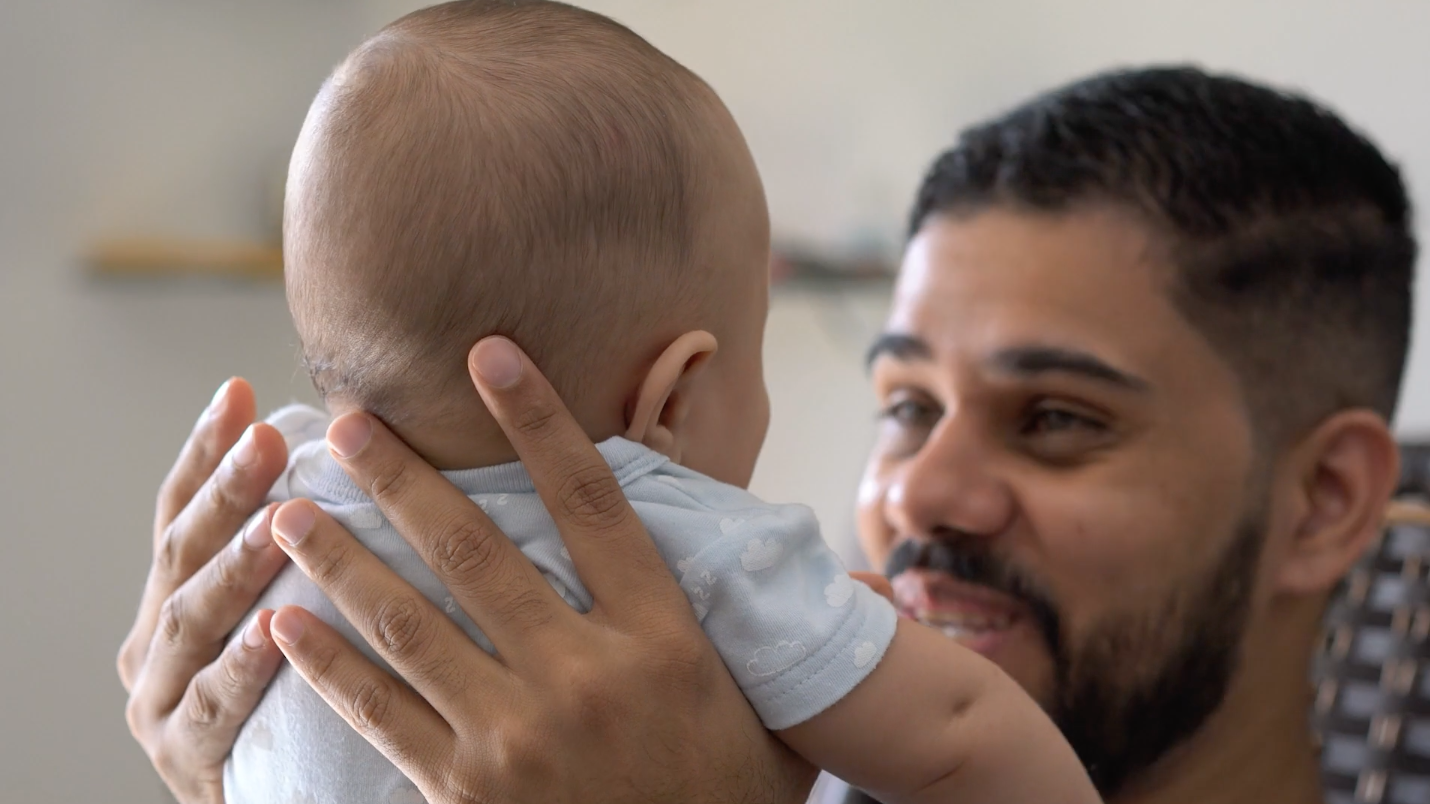
Our News
Supporting Health Equity for All Through Leadership, Action and Partnership
February 28, 2022
Alnylam Pharmaceuticals
Authors: Arun Skaria, Director of Corporate Responsibility at Alnylam & Tiffany Patrick, VP, Patient Advocacy and Engagement at Alnylam
"Health equity" means that everyone has a fair and just opportunity to live the healthiest life possible, regardless of who they are, where they live or how much money they have. The reality is that many people face barriers to quality healthcare based on factors like geographic location, sexual orientation, cultural background, ethnicity, or income, which result in health disparities that disproportionately impact Black and Brown communities. This Rare Disease Day, Alnylam reaffirms our commitment to improving health equity for all, including those living with rare diseases who are often overlooked and struggle to find adequate medical care.
As part of this commitment, we recently held a Global Patient Advocacy Leadership Summit to discuss ways in which the advocacy community can promote health equity by ensuring their work reaches, and advocates for, all who are impacted by rare diseases.
Shaping Change at the Global Patient Advocacy Leadership Summit
Our 3rd Global Patient Advocacy Summit, which convened more than 100 attendees from around the world, including groups representing the amyloidosis, acute hepatic porphyria and primary hyperoxaluria communities, focused significantly on topics of diversity, equity and inclusion (DE&I) in the rare disease space. Advocates discussed barriers that affect quality of, and access to, care among certain groups, as well as ways in which they can improve the outreach, information and services they provide to their constituents to foster better health equity and outcomes. Those with rare diseases, including those from underrepresented communities, are all too familiar with social determinants of health (SDOH) – the social, environmental, cultural and economic factors that may affect care. For example, people living with rare diseases often require treatment from a specialist who may be far from their home, resulting in extensive and costly travel.
As the U.S. cultural landscape continues to evolve, the healthcare system has been slow to grow with it. Attendees acknowledged that the system can no longer take a “one-size-fits-all” approach to engagement and education, nor can it continue to view SDOH as separate from clinical aspects of patient care. Attendees agreed that, to address health disparities, collaboration among a diverse group of stakeholders including policy makers, advocacy groups and industry is important to enact change. No one group can enact change alone, and to shape this change, health disparities and barriers to care within communities must be fully recognized.
A key voice at the Summit was Abner Mason, founder and CEO of SameSky Health (formerly Consejo Sano), a patient engagement platform that connects payers, providers, and health systems to its diverse patient populations. Mason reinforced the importance of not only understanding health disparities, but also collecting fundamental data to better inform programs to help narrow the gaps in care.
We need to get serious about collecting race, ethnicity and language data. We know we have health disparities, but we have not done a good job of putting metrics around that. That would then allow us to target programs and funding to make sure that what we’re doing has an impact. It’s a big ask, but a necessary ask. That data will reveal in a measurable way, where the inequities and disparities are, then we can start to target interventions in a much more thoughtful way.” - Abner Mason, founder and CEO of SameSky Health
By engaging trusted leaders in the community and by listening to different groups, advocacy and industry can find ways to better address health disparities and foster an understanding of more effective ways to connect with patients and families impacted by rare diseases.
Identifying Novel Solutions through “Alnylam Challengers”
As part of our corporate responsibility commitments, Alnylam launched a signature community impact program called “Alnylam Challengers” that aims to improve health inequalities in underserved communities. Through the program, Alnylam is investing in social entrepreneurs such as Abner who are not only advocating for communities but are developing new tools that take on social determinants of health directly.
The Alnylam Challengers program consists of three components: a series of cross-sector forums, such as our recent Summit, that focuses dialogue around pressing issues of health equity; a skills-based volunteer initiative where Alnylam employees serve as subject-matter advisors to address health equity issues; and a strategic social investment model aimed at tackling health inequalities by partnering with diverse social entrepreneurs, social enterprises, and non-profit organizations. In the coming months, Alnylam Challengers will expand beyond the United States with the goal of becoming a truly global program.
 Alnylam Challengers is a Health Equity Initiative
Alnylam Challengers is a Health Equity InitiativeAt Alnylam, we recognize that change comes from within and strive to ensure that our teams have diverse representation across identity groups. Having different perspectives fosters an inclusive atmosphere where all voices have a seat at the table to advance important discussions and decisions that have the power to shape a more equitable future of healthcare. We are dedicated to addressing health disparities for all and encouraging others to take an active role in addressing these issues.
To learn more about health equity for people living with rare diseases, access NORD’s equity toolkit here. To learn more about, or contact Alnylam’s Patient Advocacy team, click here.





